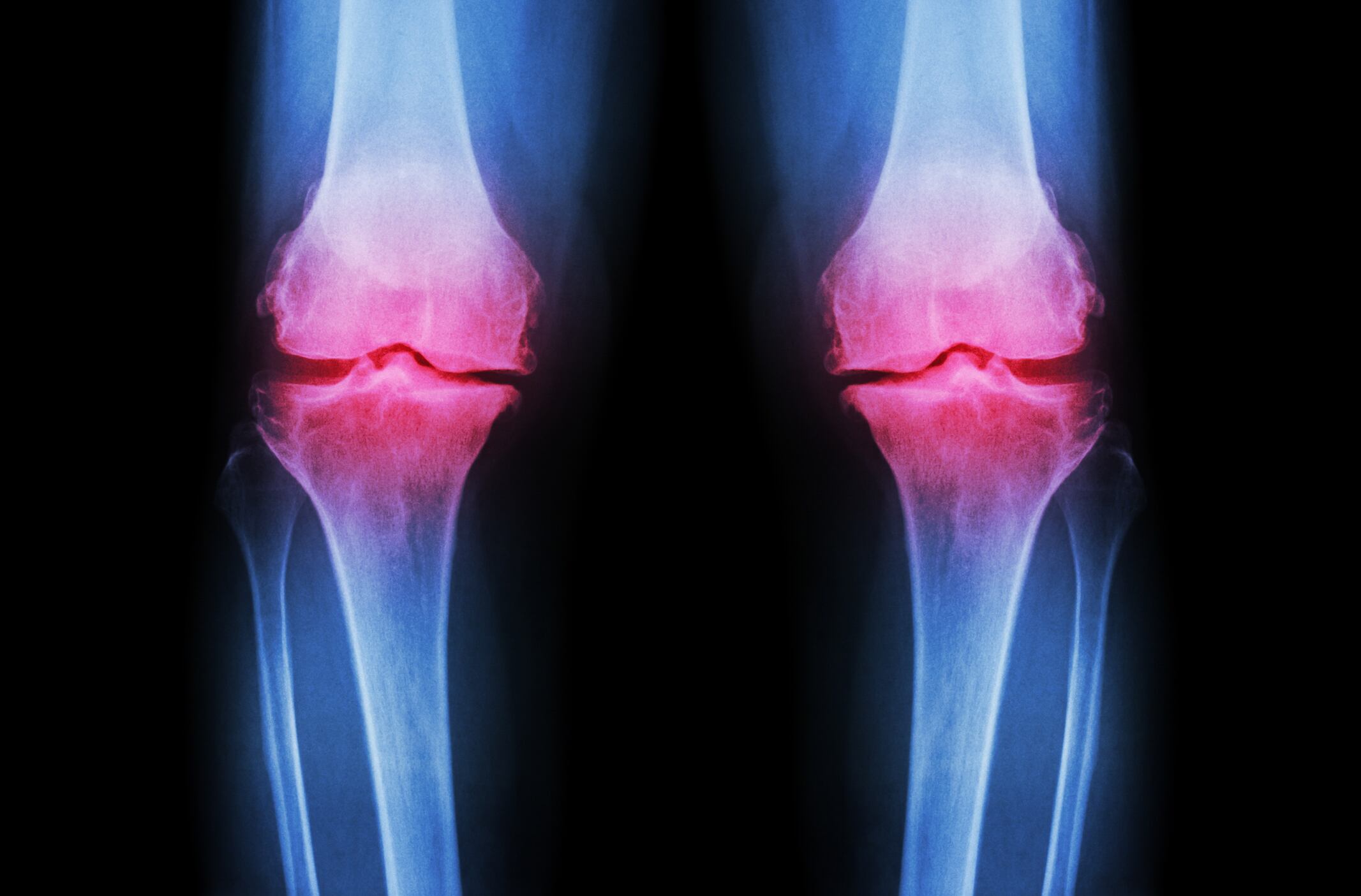Furthermore, in the intervention group consuming AvailOm in combination with a Boswellia serrata extract it was noted that scores for quality of life (QoL) and muscle strength variables were significantly increased.
The Spanish researchers summarise: “Dietary supplementation with an omega-3-based product administered for 8 weeks was effective in reducing persistent knee pain or discomfort in subjects over 40 years of age.”
Nutrition for joint pain
With an ever-increasing aging population paired with unhealthy and inactive lifestyles, there has been a rapid increase in joint issues and discomfort. Such acute issues can develop into chronic conditions such as osteoarthritis (OA) characterised by long-term pain, which can have a significant impact on quality of life.
OA prevalence has increased globally by 113.25% from 1990 to 2019, with significant impacts to society and the economy in terms of health care costs. Specifically, OA of the knees is the most common area effected resulting in cartilage degeneration and subchondral bone alterations.
Typical management interventions a targeting at pain reduction with non-steroidal anti-inflammatory drugs (NSAIDs) as well as exercise and physical therapy. Yet, there has been an increased interest in the use of natural alternatives to NSAIDs due to concerns regarding their safety for long-term usage.
Omega-3 polyunsaturated fatty acids (PUFAs), specifically eicosapentaenoic acid (EPA) and docosahexaenoic acid (EPA), are known to have significant anti-inflammatory and antioxidant properties and have been previously noted to potentially reduce joint pain. Similarly, triterpenic acids within Boswellia serrata have been noted to reduce pro-inflammatory cytokines with studies observing its ability to improve physical function and pain.
Thus, the present study sought to investigate the efficacy of a dietary supplement containing omega-3 given alone or in combination with a Boswellia serrata extract as compared with the Boswellia serrata extract or placebo to relieve pain and improve joint functionality.
Study
The randomised double-blind controlled trial included 120 healthy adults aged 40 years and older, suffering with persistent knee discomfort (scored over 3 on a visual analogue scale (VAS) of pain intensity scale).
The four arms of the study included the Boswellia serrata extract, the omega-3-based product (AvailOm 50 High EPA), the Boswellia and AvailOm together, and the placebo. All participants took four tablets daily for eight-weeks (60 days). Measures of pain intensity, QoL, functional mobility, muscle function, sleep quality, level of physical activity, and body composition were measured at baseline and after 60 days.
It was reported that intakes of Boswellia and AvailOm together improved QoL and variables of muscle strength, whilst resulting in the greatest increases in omega-3 fatty acid concentrations.
Following intakes of AvailOm alone, it was observed that there were significant reductions in weekly reported intensity of pains scores. In addition, the time to perform the Up and Go test decreased after intakes, which assessed balance and mobility.
Explained
The report concludes that the AvailOm was safe and effective in reducing knee pain whilst improving the QoL.
The researchers theorise the mechanisms behind the findings: “The mechanism of the anti-inflammatory activity of Boswellia extracts is due to some boswellic acids, particularly AKBA. Specialized pro-resolving mediators (SPM) play a crucial role in resolving inflammation, with 15-lypoxygenase-1 (15-LOX-1) as a key factor for SPM biosynthesis.
“In addition, the inflammation-resolving activities of DHA and EPA have been linked to the generation of SPM,” they add.
They emphasise that further RCTs are required to confirm this association and to investigate the long-term effects of the supplement.
Source: Nutrients
https://doi.org/10.3390/nu15173848
“Efficacy of Boswellia serrata Extract and/or an Omega-3-Based Product for Improving Pain and Function in People Older Than 40 Years with Persistent Knee Pain: A Randomized Double-Blind Controlled Clinical Trial”
by Silvia Pérez-Piñero, Juan Carlos Muñoz-Carrillo, Desirée Victoria-Montesinos, Ana María García-Muñoz ,Luis Andreu-Caravaca, Mario Gómez, Melanie Schölzel, Ana I. García-Guillén and Francisco Javier López-Román

